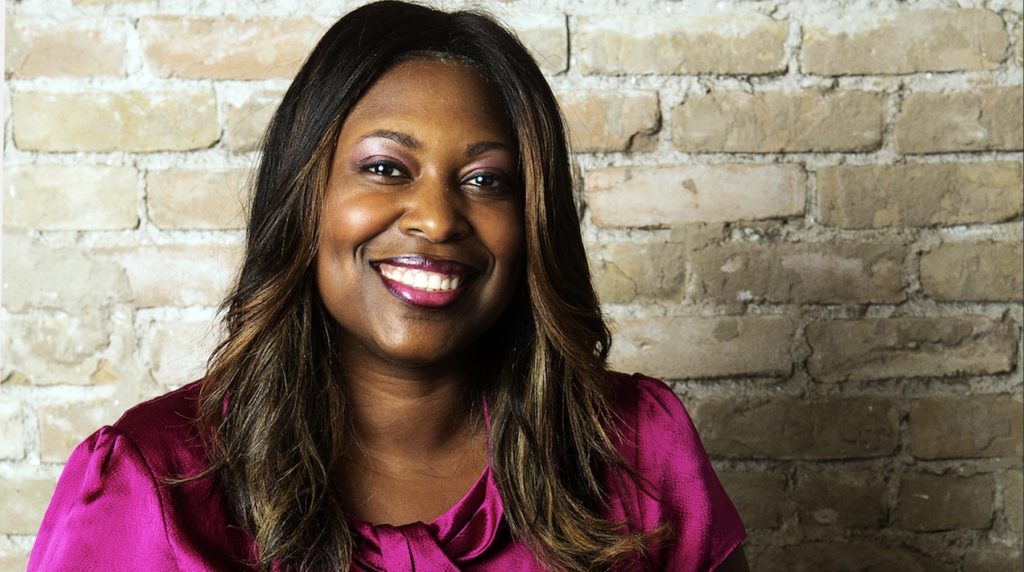CFW Board Member on How to Support Women of Color in the Workplace

We asked Tamara Fields, Texas Conference for Women board member and Austin Office Managing Director at Accenture, what leaders and white women allies can do to help women of color advance in their workplace. Here are her answers:
What do today’s business leaders need to do to make career advancement opportunities more equitable for women of color?
I think as a business leader, in order to provide opportunities for diverse candidates, specifically women of color, they must be intentional. It is the responsibility of business leaders to be accountable in hiring practices. They can require no interviewing unless the interview pool has a diverse slate. Understand and make an effort to know all the people in their organization with specific focus on women of color since they are often overlooked. Intentionally start succession plans early across the organization with their leadership/middle management teams with diversity in mind. Further, give women of color opportunities to shadow and learn so they are ready when roles become available. In addition, look for innovate ways to recruit through non-standard hiring methods like conferences like Grace Hopper or Black Enterprise Women of Power Summit. Business leaders are in a unique position to set the standard and what are the leadership ideals to follow. Leaders define culture and are key to inclusive environment. The key is to know, to prepare, and to provide opportunity. This has to be done intentionally.
What can white women do to be better allies to women of color in the workplace?
I think in order for white women to become allies, they must understand and acknowledge the difficulties that women of color face in the business this world. I think must consider the challenges they face as women in the workplace and recognize that for women of color that disparity and lack of opportunity is magnified. Further, the cultural background leads to different challenges to overcome. I think to become an ally, they might first reach out to mentor/sponsor versus waiting for someone to come across their path. I think the best way to be an ally to is to set a culture of inclusivity and belonging. Further, I think they can choose to do innovative actions like diverse roundtable lunches/dinners. The key is to foster a community where you can understand where there may be challenges so they can solve them jointly. Advocacy is a choice and being an ally is a choice that has to be taken by each individual intentionally.